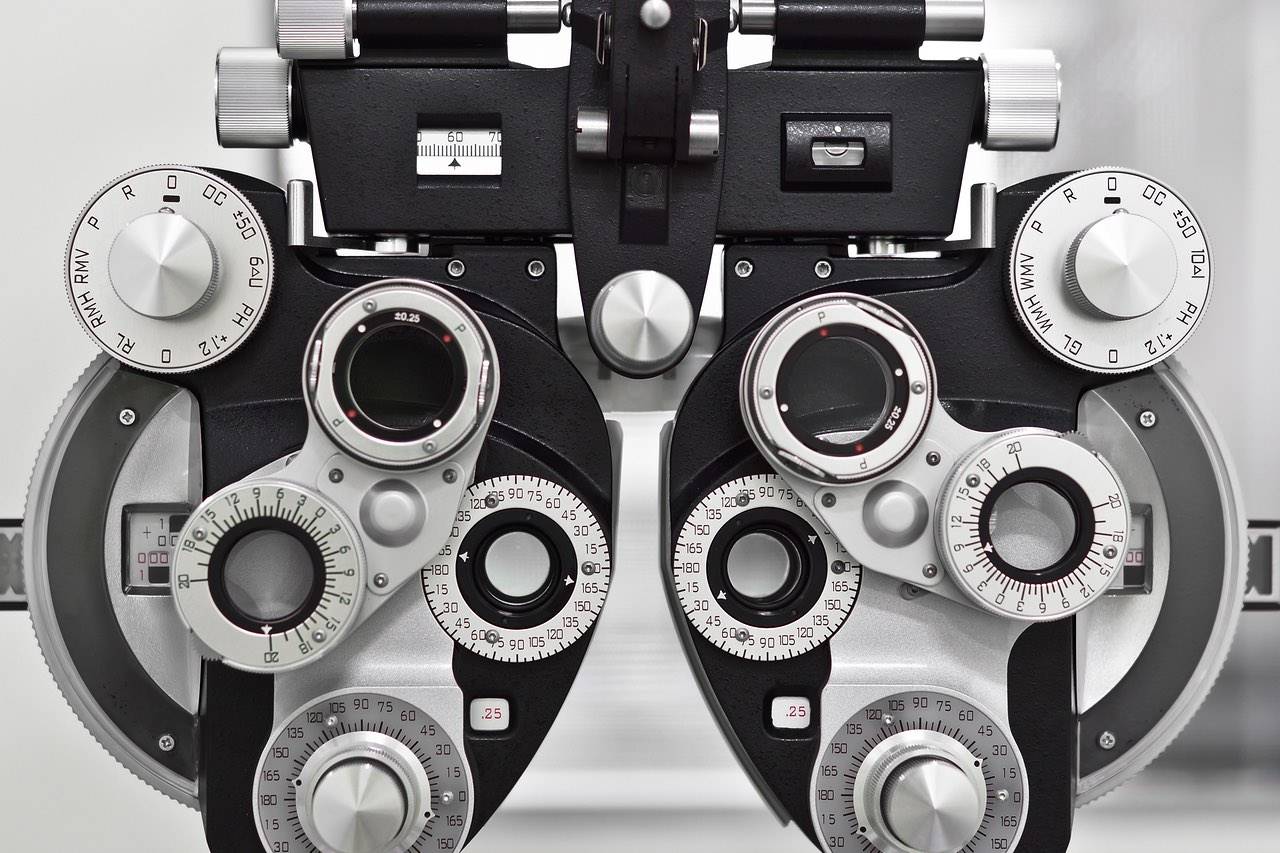A refraction eye exam is a common procedure performed by optometrists and ophthalmologists to determine a person’s eyeglass or contact lens prescription. During this exam, the doctor uses a phoropter, a device with various lenses, to assess the clarity of your vision.

What is a Refraction Eye Exam?
A refraction eye exam is a routine procedure that measures how well your eyes focus light. It is an essential part of a comprehensive eye exam and is used to determine if you have a refractive error, such as nearsightedness, farsightedness, or astigmatism. If you have a refractive error, your eye doctor will prescribe glasses or contact lenses to help you achieve clear vision.
Why is a Refraction Eye Exam Important?
A refraction eye exam is important for several reasons:
-
To detect refractive errors: Refractive errors are the most common cause of vision problems. Early detection and treatment of refractive errors can help to prevent vision problems from getting worse.
-
To monitor changes in vision: Your vision can change over time, so it is important to have regular refraction eye exams to make sure that your prescription is still correct.
-
To detect other eye problems: A refraction eye exam can also detect other eye problems, such as glaucoma, cataracts, and diabetic retinopathy.
What to Expect During a Refraction Eye Exam
A refraction eye exam typically takes about 30 minutes. During the exam, your eye doctor will:
-
Ask about your medical history: This includes your family medical history and any medications you are taking.
-
Test your vision: You will be asked to read letters from an eye chart at different distances.
-
Measure your refractive error: Your eye doctor will use a machine called a phoropter to measure your refractive error. They will also use a retinoscope to help determine your prescription.
-
Prescribe glasses or contact lenses: If you have a refractive error, your eye doctor will prescribe glasses or contact lenses to help you achieve clear vision.
You don’t need any special preparation for a refraction eye exam. Nevertheless, you might consider:
-
Wear glasses or contact lenses if you normally wear them. This will help your eye doctor get a more accurate measurement of your refractive error.
-
Bring a list of your medications. This includes over-the-counter medications and supplements.
-
Arrive at your appointment early. This will give you time to fill out any paperwork.
What Next After The Exam
After a refraction eye exam, your eye doctor will discuss your results with you and explain your prescription. They will also answer any questions you have.
Follow-Up Care
It is important to follow up with your eye doctor as recommended. This will help to ensure that your vision remains clear and healthy.
Additional Information
For more information about refraction eye exams, please visit the American Academy of Ophthalmology website.
Why Doesn’t Insurance Always Cover It?
| Issue | Description |
|---|---|
| Excluded services | Insurance policies often exclude certain procedures or services (e.g., cosmetic surgery, experimental treatments) deemed elective or not medically necessary. |
| Out-of-network providers | Care from providers outside your insurance network may not be fully covered, leaving you responsible for a significant portion of the bill. |
| Prior authorization | Certain procedures require approval from your insurance company beforehand; failure to obtain it might result in denial of coverage. |
| Policy limits | Insurance policies have maximum coverage amounts for specific services; exceeding these limits means you’re responsible for the remaining costs. |
| Procedural errors | Denials may occur due to incomplete or inaccurate information submitted by providers or patients when filing insurance claims. |
| Coverage limitations | Some plans limit the frequency of services (e.g., physical therapy visits or prescription refills); exceeding these limits means paying out of pocket. |
| Medical necessity | Insurance may deny coverage for procedures deemed medically unnecessary for a specific condition. |
| Pre-existing conditions | Treatments related to pre-existing conditions might not be covered, as they were not present when the insurance policy was purchased. |
| Fraud and abuse | Suspected fraud or abuse in billing or exaggerating conditions could lead to denial of coverage for services. |
Conclusion
A refraction eye exam is an important part of a comprehensive eye exam. It can help to detect refractive errors and other eye problems. Finally, Early detection and treatment of vision problems can help to prevent them from getting worse.
